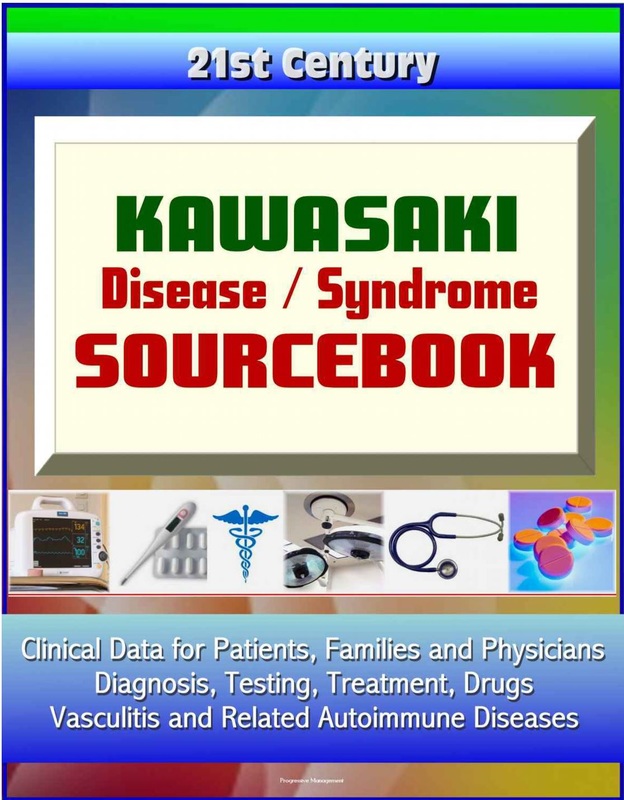Outlook
Kawasaki disease can't be prevented. However, most children who have the disease usually recover within weeks of getting symptoms. Further problems are rare.
The disease affects some children's coronary arteries, which can cause serious problems. These children need long-term care and treatment.
Researchers continue to look for the cause of Kawasaki disease and better ways to diagnose and treat it. They also hope to learn more about long-term health risks, if any, for people who have had the disease.
Other Names for Kawasaki Disease
Kawasaki syndrome
Mucocutaneous lymph node syndrome
What Causes Kawasaki Disease?
The cause of Kawasaki disease isn't known. The body's response to a virus or infection combined with genetic factors may cause the disease. However, no specific virus or infection has been found, and the role of genetics isn't known.
Kawasaki disease can't be passed from one child to another. Your child won't get it from close contact with a child who has the disease. Also, if your child has the disease, he or she can't pass it to another child.
Who Is at Risk for Kawasaki Disease?
Kawasaki disease affects children of all races and ages and both genders. It occurs most often in children of Asian and Pacific Island descent.
The disease is more likely to affect boys than girls. Most cases occur in children younger than 5 years old. Kawasaki disease is rare in children older than 8.
Kawasaki disease can't be prevented. However, most children who have the disease usually recover within weeks of getting symptoms. Further problems are rare.
The disease affects some children's coronary arteries, which can cause serious problems. These children need long-term care and treatment.
Researchers continue to look for the cause of Kawasaki disease and better ways to diagnose and treat it. They also hope to learn more about long-term health risks, if any, for people who have had the disease.
Other Names for Kawasaki Disease
Kawasaki syndrome
Mucocutaneous lymph node syndrome
What Causes Kawasaki Disease?
The cause of Kawasaki disease isn't known. The body's response to a virus or infection combined with genetic factors may cause the disease. However, no specific virus or infection has been found, and the role of genetics isn't known.
Kawasaki disease can't be passed from one child to another. Your child won't get it from close contact with a child who has the disease. Also, if your child has the disease, he or she can't pass it to another child.
Who Is at Risk for Kawasaki Disease?
Kawasaki disease affects children of all races and ages and both genders. It occurs most often in children of Asian and Pacific Island descent.
The disease is more likely to affect boys than girls. Most cases occur in children younger than 5 years old. Kawasaki disease is rare in children older than 8.

